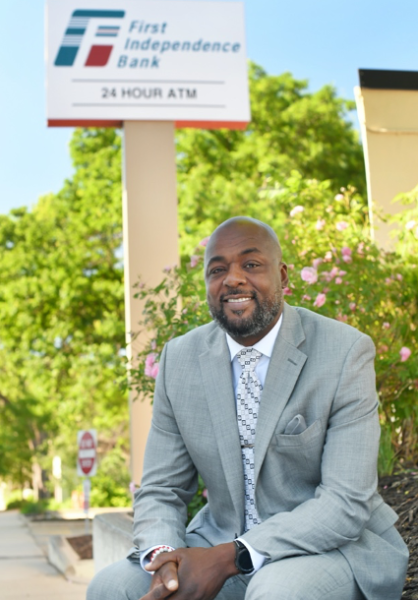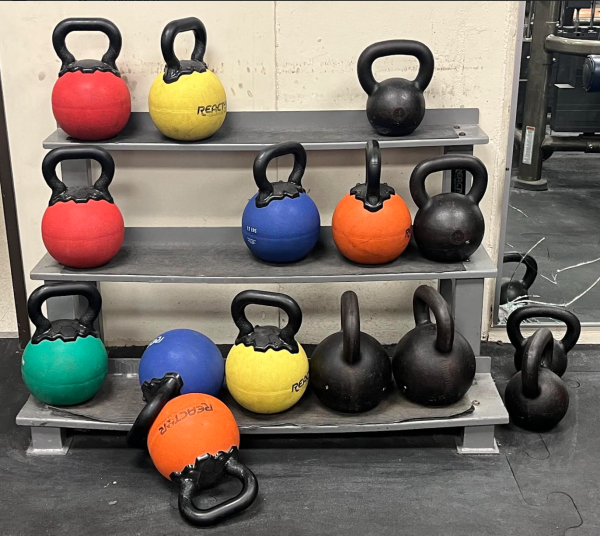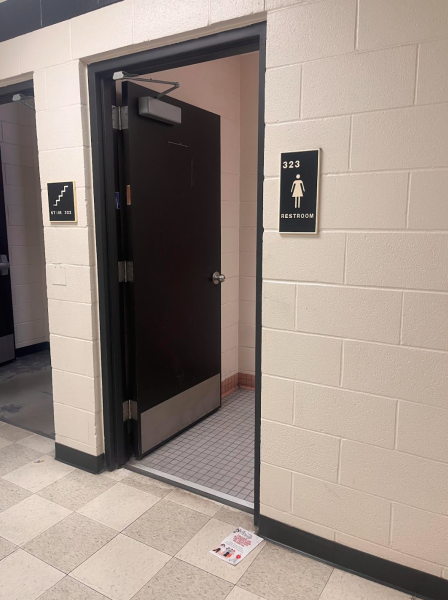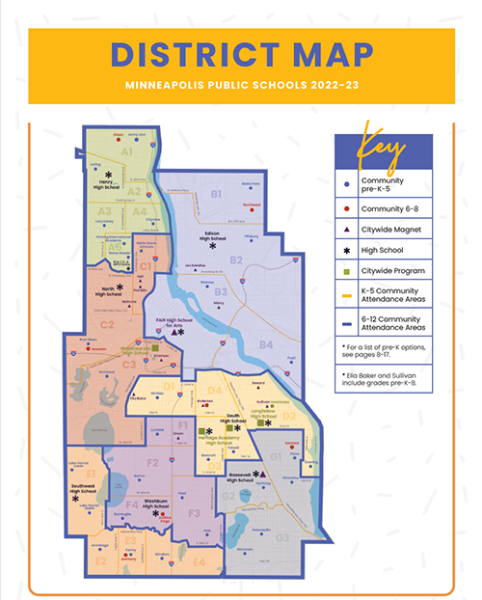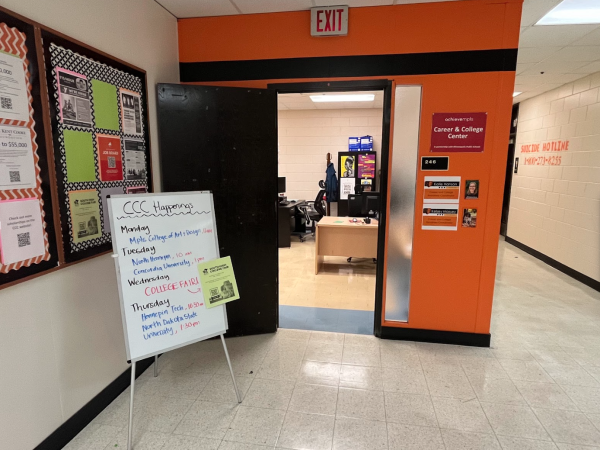Writing center faces closure in upcoming year
May 31, 2016
The writing center will complete three years of existence at South with the turn of this school year, but this could be its last. Budget changes have cut the funding for the center, which serves as a meeting place for South students to read their papers, share both their grievances and love for writing, and try to go from a B to an A on that one essay. The funding cut of the writing center is coming as a surprise to many who have become familiar with its corner in the library.
“Everyone I talked to, they were like, ‘What, the writing center’s being cut?’ Nobody really knew and they didn’t understand why because it was so valuable,” said Ash Farah, a junior who started an online petition after hearing of plans to close the writing center.
“It doesn’t sit well with a lot of kids,” said Farah, whose decision to start a petition was fueled by the fact that students weren’t notified about budget changes before they were made.
The petition spread itself around Facebook and other social media sites, received with outrage from students at its being shut down. Since Farah has been a coach since his freshman year, he’s found it to be a very special place in South.
“People use [the writing center] for their college apps, people use it for that essay that nobody understands … I remember, as a freshman, I used it to meet people that liked writing. It takes away a niche for little nerds and writers,” Farah continued.
“Next year would be the first year where everyone at South has always had the writing center. Student who are juniors and seniors next year, when you take that away, it’s gonna take a lot of the support for some students,” said English department chair and teacher Mary Manor.
The cutting of funds for the writing center does not mean that students will let it die, however. Newly-appointed National Honor Society president Nadia Ravensborg has set forth a plan to continue a more student-led writing center, staffed by NHS members.
NHS recently inducted 90 new members, along with the remaining 60 members. This means that there will be many people willing to take shifts as writing coaches throughout the day. Ravensborg commented that not having a teacher in the writing center will make it more student-run, but an adult perspective will be missed.
Ravensborg and the academics committee of NHS have been talking with library staff and English teachers in order for the writing center to continue. They would continue the writing center in the same way, but would keep tighter records on who comes in for help.
“I really hope we can keep it open. It’s a safe space, people feel really comfortable in here,” said Ravensborg.
Ravensborg has found the writing center to be a great help, both as a writer and a coach. “The way that I could organize my papers and thoughts improved significantly. I’ve been a coach and a writer, and I think coaching helped too because you get to see other people’s writing, and you get better because you’re helping someone else,” she said.
Student volunteers stay in the writing center throughout the day, and carry the official title of writing coach. A writing coach has to go through a short training on the methodology of helping students with their writing. However, there is no requirement to becoming a writing coach. Anyone can come in to the writing center throughout the day, as exemplified by the words ‘Everyone Welcome’ painted on the window.
Some fear that if the writing center doesn’t remain in the library, students won’t do as well on their assignments. “I think there’s probably a large handful of students who have passed their English classes because they were able to get some additional support, so I do think it’s gonna negatively affect the number of students who have access to that extra help,” said Manor.
The editors of South’s upcoming literary magazine, The Maze, found the writing center to be a great resource as they were putting it together. Some writers for the magazine used the writing center to work on their contributions before they submitted them. The Literary Magazine comes out in late May, and includes many types of writing: poetry, creative fiction, personal narratives, and photography.
The writing center has been a resource not only for students, but also for teachers. English teachers can request to have writing coaches come into their classes and help students out with an assignment.
“A couple years ago when the writing center first opened, it was my second year of teaching, and I used to take my assignments in there a lot. I asked the student coaches to read them and give me feedback so I could make them clearer,” said Manor.
Ravensborg and the rest of the NHS academics committee hope to develop their plan even more in the near future, and continue the life of the writing center at South.
Caption: Many South writers were distressed upon hearing the news that the writing center may close next fall because of budget cuts. The writing center has become a staple in the South High English community. Photo: Eva Shellabarger


